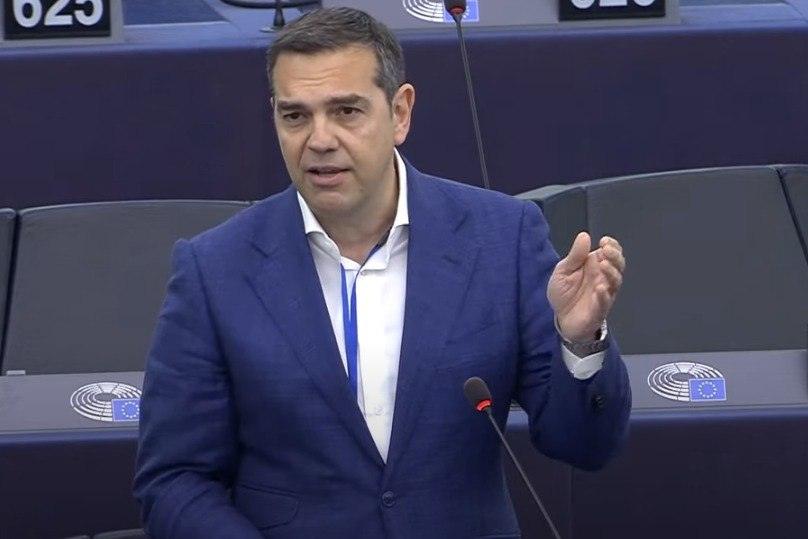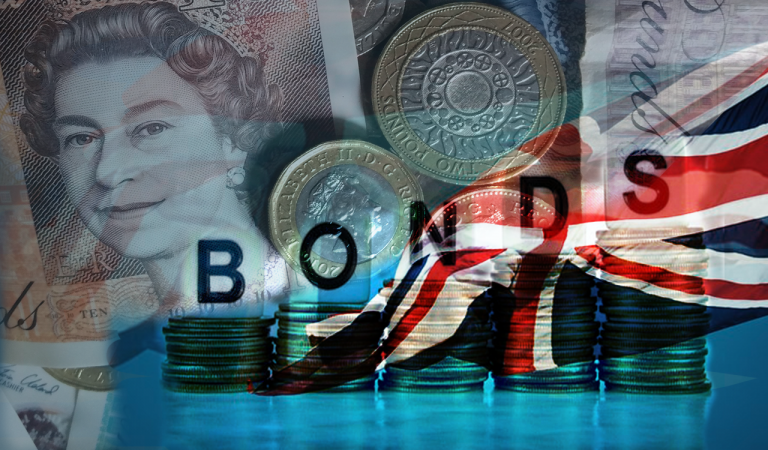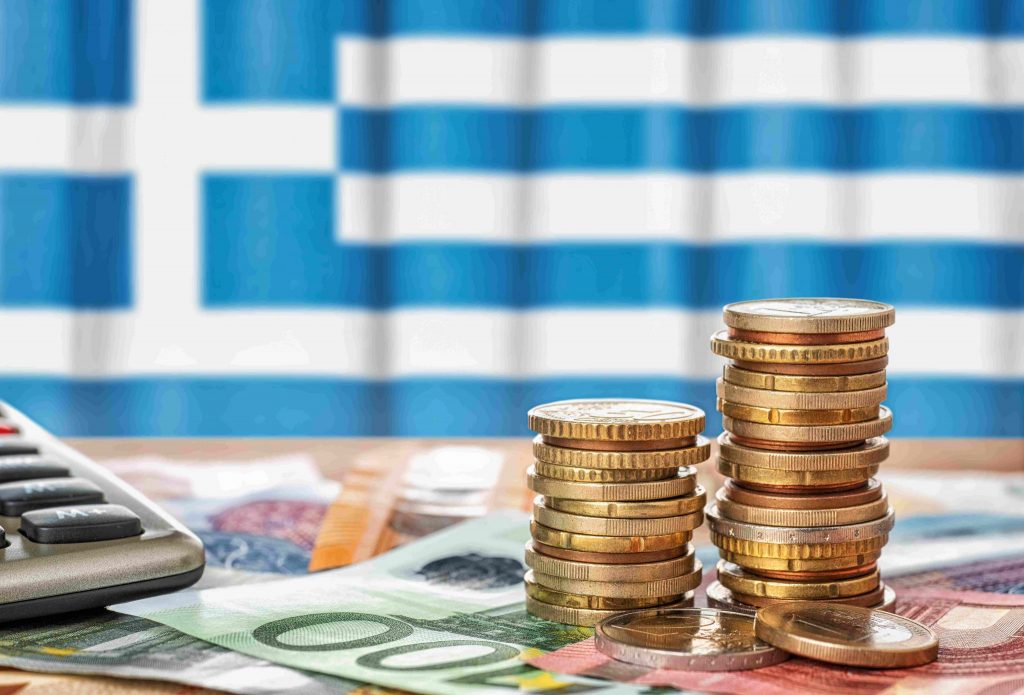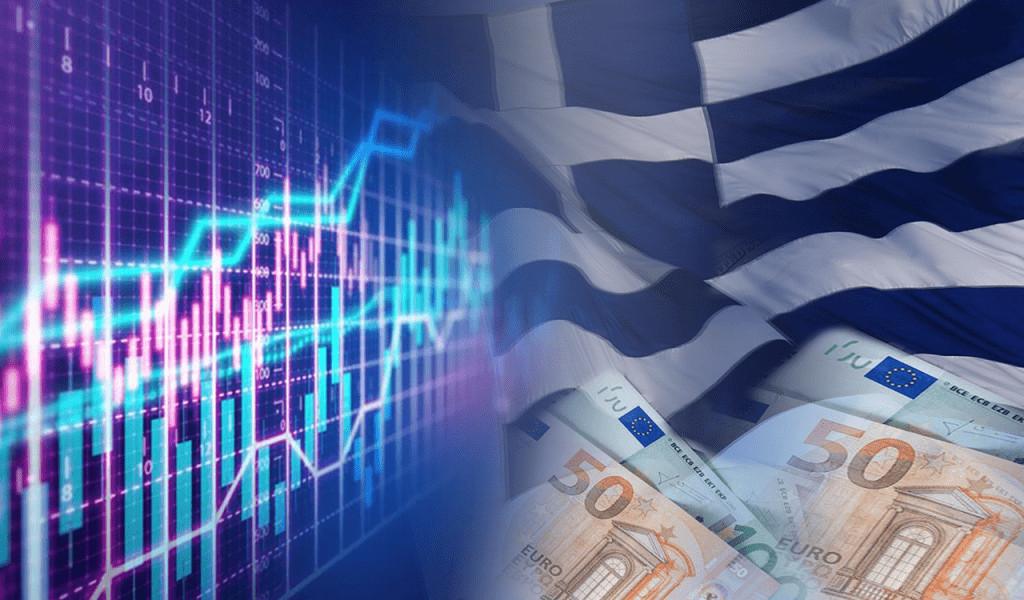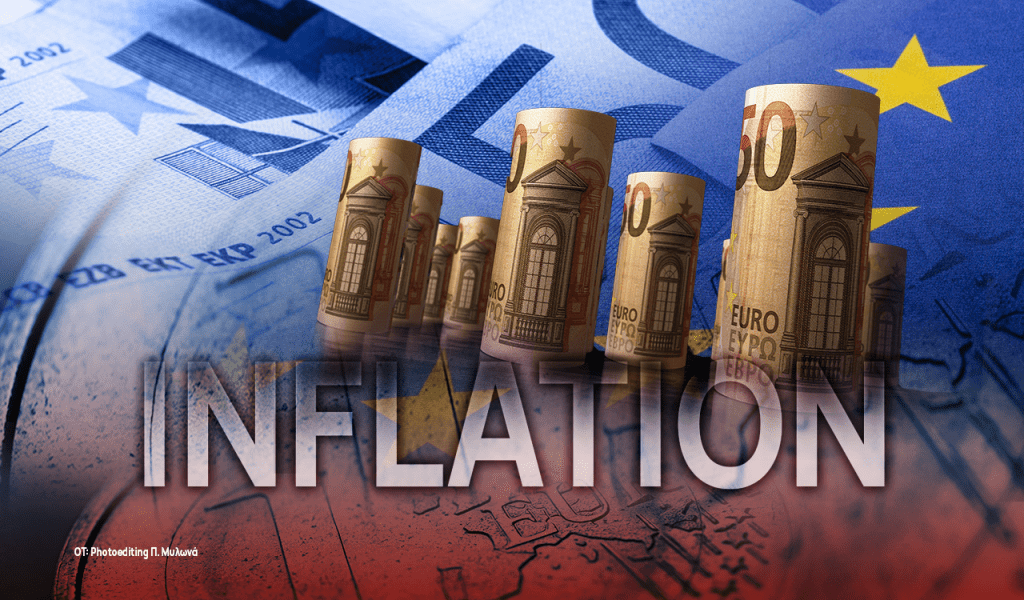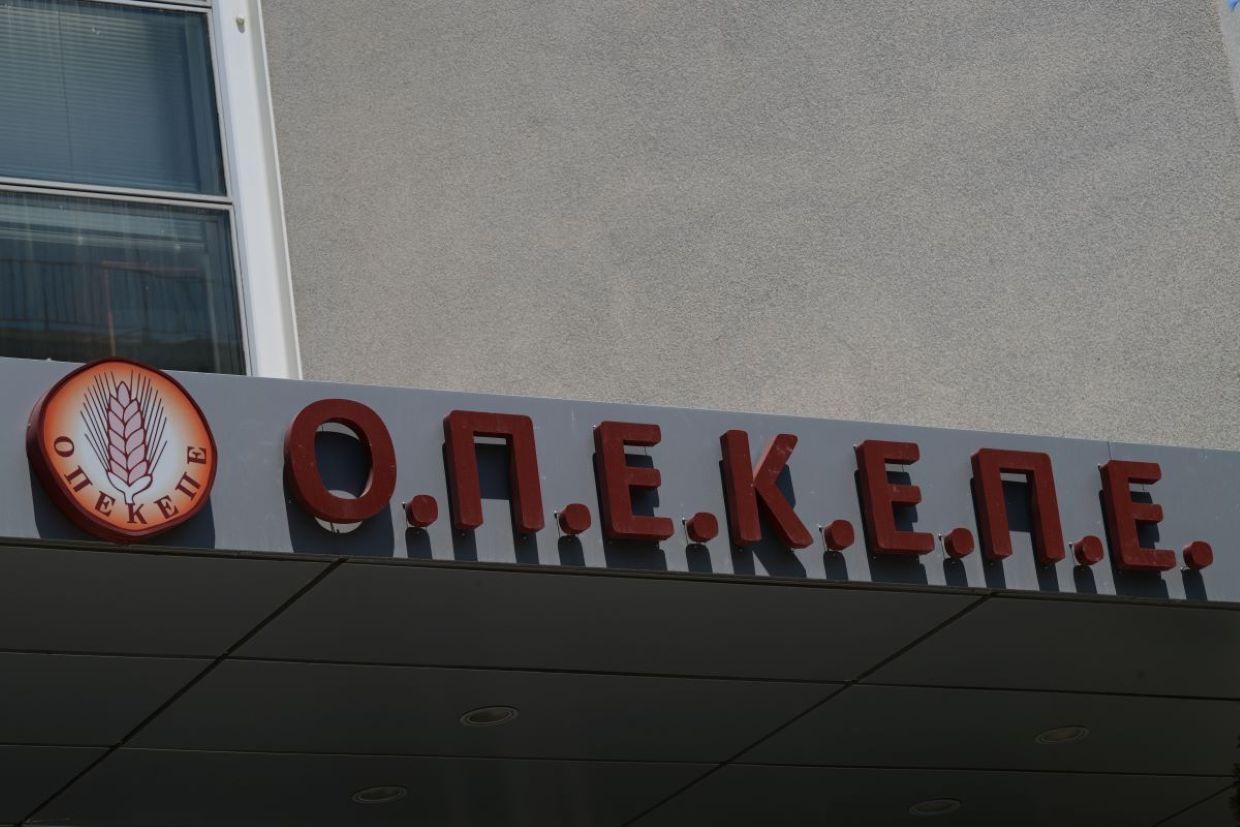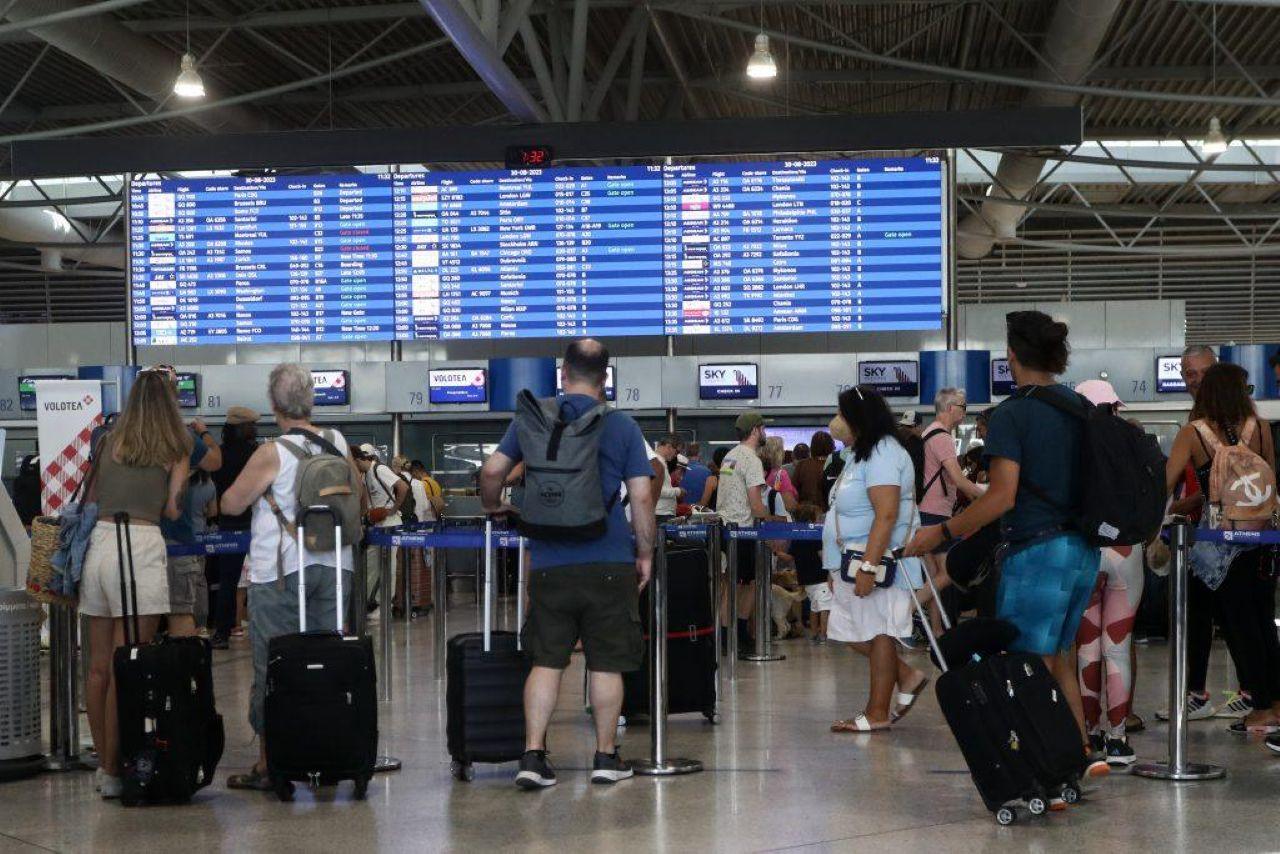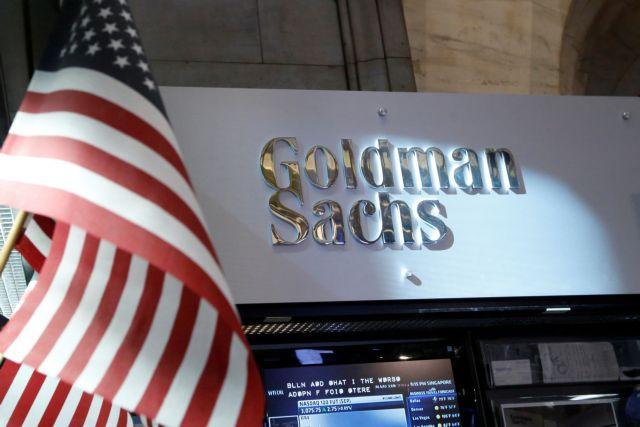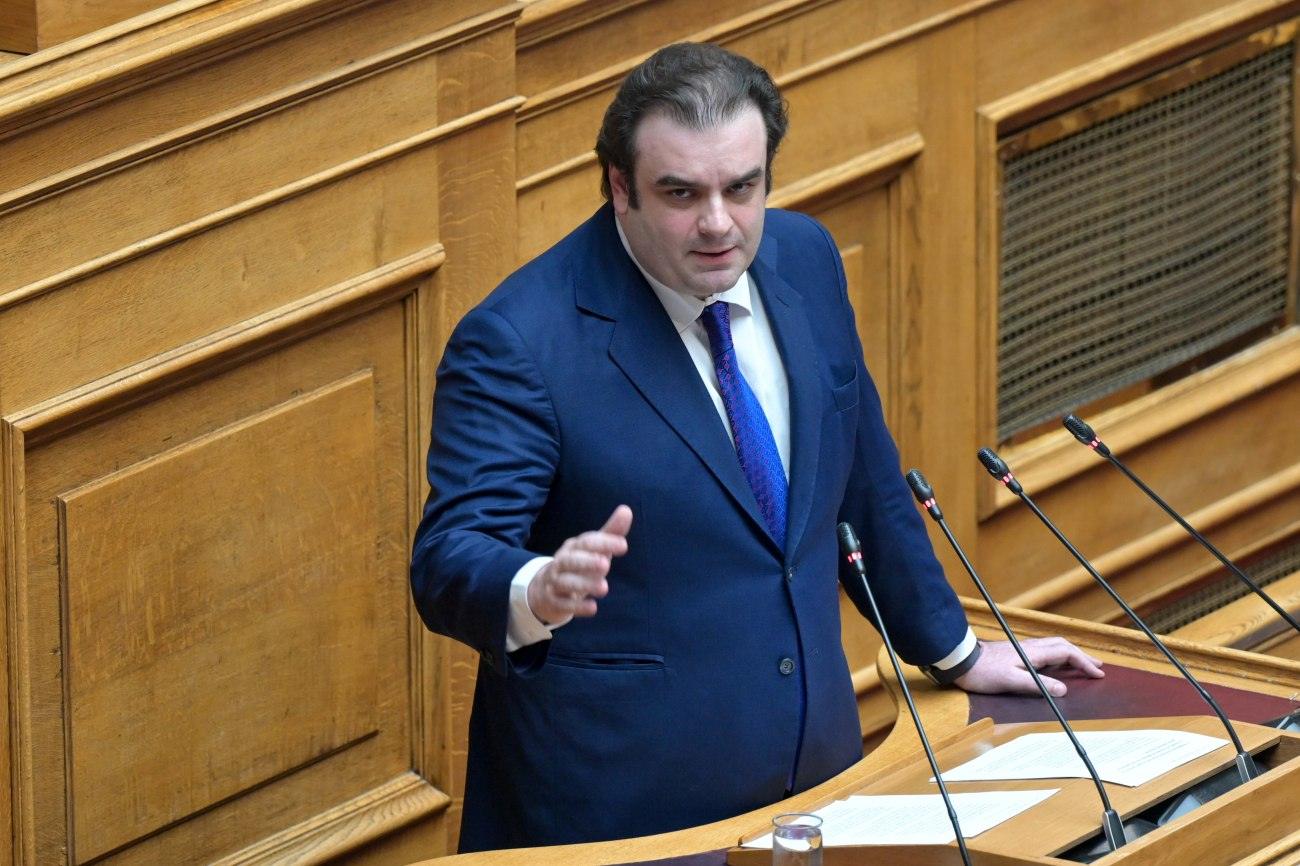Soaring energy prices are eating away at the government’s fiscal space and continue to push incomes down creating an explosive cocktail for citizens’ budgets and therefore the government’s economic policy.
The coin has two sides, however, since the figures from the other front, that of government revenues, are positive, with tourism setting the pace for coffer-filling infusions. This is also reflected by the members of the government’s economic staff, who at the same time express concern about the increases in gas prices, as well as the high uncertainty prevalent around the globe.
Officials say the government’s priority is to continue supporting citizens, and vulnerable social groups, to cope with electricity bills, while gas prices will determine how the extra fiscal space created by increased tax revenue and revenue from tourism will be utilized. The big concern is whether natural gas will remain below the $100 level. The cost to the economy is €500 million in GDP terms over a one-year horizon for every €10 increase over $100, and the fiscal impact is €300-400 million. Conversely, a drop in natural gas prices below $100 creates additional room.
So government revenues are doing well, but the price of natural gas has increased tenfold. Economists are not very positive regarding the course of global energy prices, seeing maintenance of inflationary pressures and increasing risks for a further rally in natural gas prices following new developments concerning Gazprom flows. Indicatively, according to Goldman Sachs and based on the base scenario where the gas supply is at 40%, prices will move towards 170 euros/MWh in the third quarter and a zero flow would raise the TTF above 210 euros/MWh . The 20% operating rate indicates a possible short-term upward trend in prices to around €190/MWh.
Government revenues increase, citizens “cut” expenses
Despite the hit to household income, European Commission figures show that Greek GDP will be well above 200 billion, around 20 billion more than 2019 GDP. Nevertheless, the landscape is uncertain, as inflation is expected to remain at high levels since consumers continue to cut back on spending. Inflation in the Eurozone in June stood at 8.6% from 8.1% in May. In Greece it reached 11.6%, up from 10.5%.
According to the Opinion Poll survey for the Athens Chamber of Commerce, price hikes have changed consumer habits. The effects of higher prices on the lives of citizens were looked into, as well as the views on its causes, as well as the government measures that have been decided. Thus, 83.7% of respondents have reduced energy consumption, 83.2% the purchase of consumer products, 66.4% personal car travel and 66% have limited vacation days. Also, 18.7% have made some cuts in terms of the tutoring preparation of their children for entering higher learning institutions
Optimism about government revenues
However, increased revenue leaves the government with a fiscal window for new benefits and greater flexibility in support measures against inflation, by the end of the year, based on the increased -by 17% – tax revenues in the January-June period. In the basic scenario, the aid for electricity, natural gas and fuel that has been budgeted is 8.5 billion euros. However, in the unfavorable scenario, i.e. if Russia shuts down natural gas supplies, then a change is being considered back to the 2022 fiscal targets for 2023.
The financial staff report that the Greek economy is in a better position mainly due to tourism and estimates point to growth of 4%, while Greece has a “cushion” of liquidity at 14.5% of GDP. The messages are that Greece is better prepared against the possibility of Moscow turning off the tap as it will have a 15% reduction in gas compared to 2021, lignite is also entering electricity production, while oil and renewable energy sources will be used.
According to the state budget execution data, the primary result was a deficit of 3.425 billion euros, against a target for a primary deficit of 4.896 billion euros. Tax revenue amounted to €24,673 million, up €3,584 million or 17% on target and this overperformance is due to the extension of the road tax payment deadline until the end of February 2022, better tax performance, as well as collection of the first and second tranche of the ENFIA property tax. However, the data also reveal a reduction in fuel consumption as revenues from the excise tax on energy products amounted to 1.911 billion euros in the first half of 2022, reduced by 149 million euros compared to the target had been set, i.e. 2.059 billion euros.

